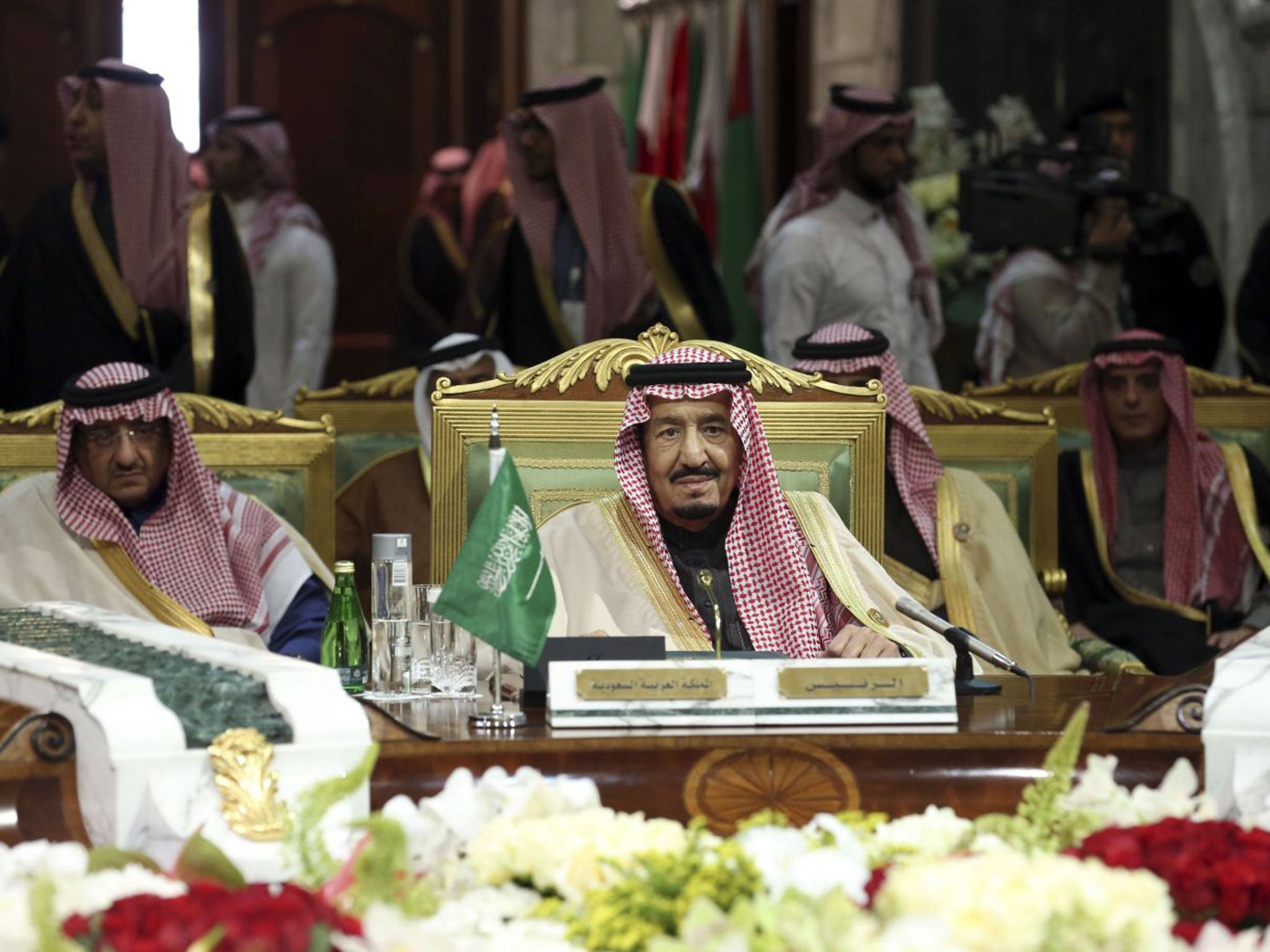UK should work with Saudi Arabia 'privately' rather than criticise 'from the sidelines', says Foreign Office minister
Tobias Ellwood tells House of Commons relationship with the kingdom is 'critical' to Britain's foreign policy objectives

Your support helps us to tell the story
From reproductive rights to climate change to Big Tech, The Independent is on the ground when the story is developing. Whether it's investigating the financials of Elon Musk's pro-Trump PAC or producing our latest documentary, 'The A Word', which shines a light on the American women fighting for reproductive rights, we know how important it is to parse out the facts from the messaging.
At such a critical moment in US history, we need reporters on the ground. Your donation allows us to keep sending journalists to speak to both sides of the story.
The Independent is trusted by Americans across the entire political spectrum. And unlike many other quality news outlets, we choose not to lock Americans out of our reporting and analysis with paywalls. We believe quality journalism should be available to everyone, paid for by those who can afford it.
Your support makes all the difference.A Foreign Office minister claimed tonight that it was better to work with Saudi Arabia “privately” to encourage reform rather than criticise the kingdom’s human rights record “from the sidelines”.
Tobias Ellwood told the House of Commons that Britain’s relationship with Saudi Arabia was “one of the most enduring in the world” and “critical” to the UK’s foreign policy objectives.
And he said that while he had raised the mass execution of 47 prisoners with the regime, such acts reflected the “widely held conservative social values” in the kingdom.
Mr Ellwood’s comments came after The Independent revealed that the UK Government left Saudi Arabia off a list of 30 countries to be challenged over their continued use of the death penalty – despite executing more than 90 people a year.
The minister claimed the document containing the list was “a general policy guide rather than a case-by-case list of countries where the death penalty is employed” and said it did not reflect a lack of concern over human rights.
But a former senior Foreign Office figure who was involved in producing the document told The Independent that Saudi Arabia had been given an “easier ride” because of the importance of Britain’s economic and political relationship with the country.
“To be honest it was a bit of a tick-box exercise and I think some realpolitik came into it. While we put pressure on countries in the Caribbean to abandon the death penalty when it comes to Saudi no one makes too much of an effort.”
The individual who asked not to be named because of his continuing relationship with the Foreign Office said he was not surprised when he heard the Mr Ellwood say the Government was “disappointed” by the recent executions. “The problem is that taking a firm line with the Saudis on this conflicts with our other strategic objectives. It was a necessarily lacklustre response.”
The Liberal Democrat leader Tim Farron said that for Mr Ellwood to describe the 47 executions as ‘disappointing’ was “the grossest of understatements”. The shadow Foreign Secretary, Hilary Benn, said the executions had caused a “major political and diplomatic crisis”.
Join our commenting forum
Join thought-provoking conversations, follow other Independent readers and see their replies
Comments